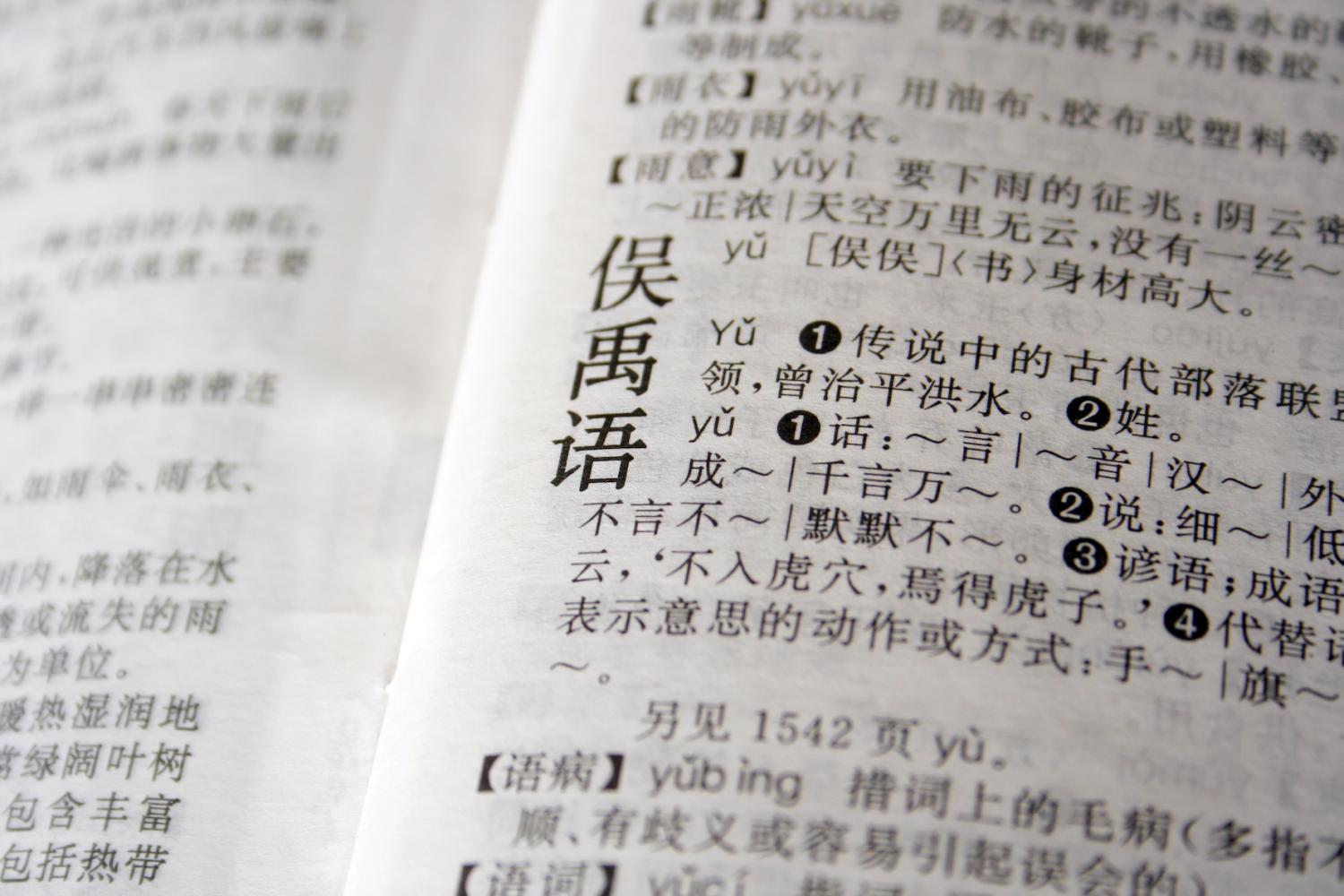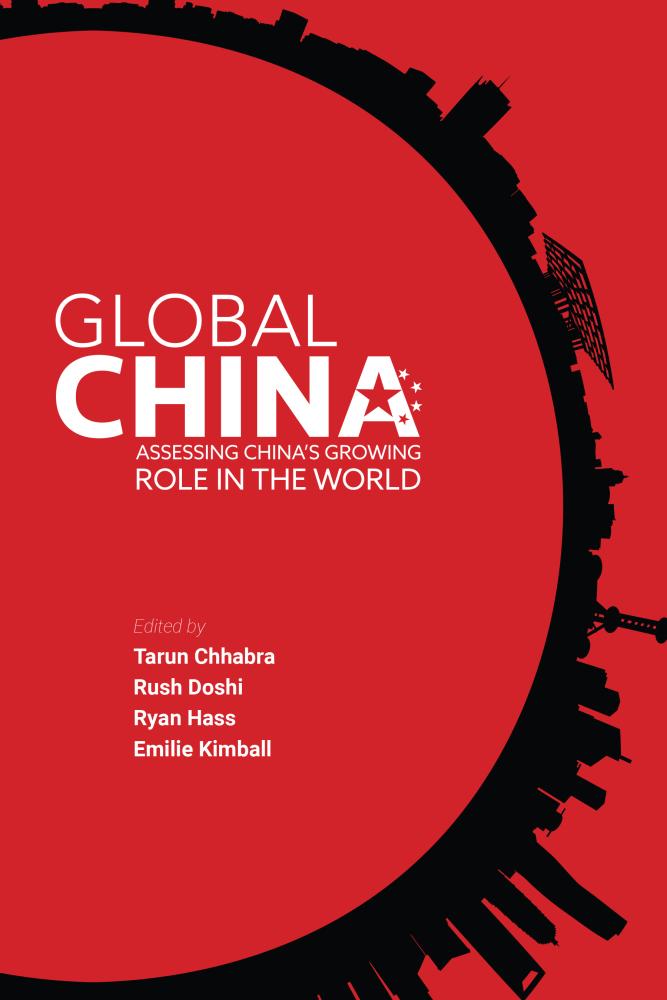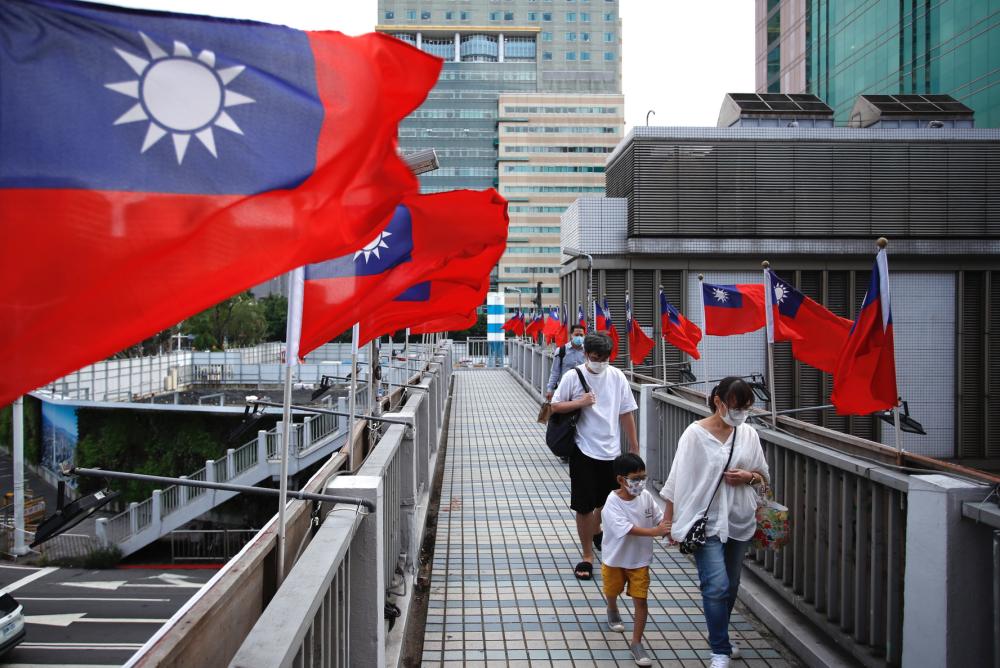

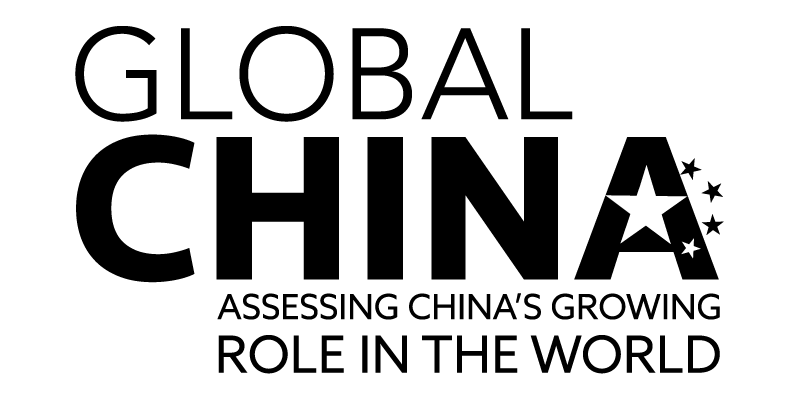
The Global China Project focuses on advancing recommendations for how the United States should respond to China’s actions that implicate key American interests and values.
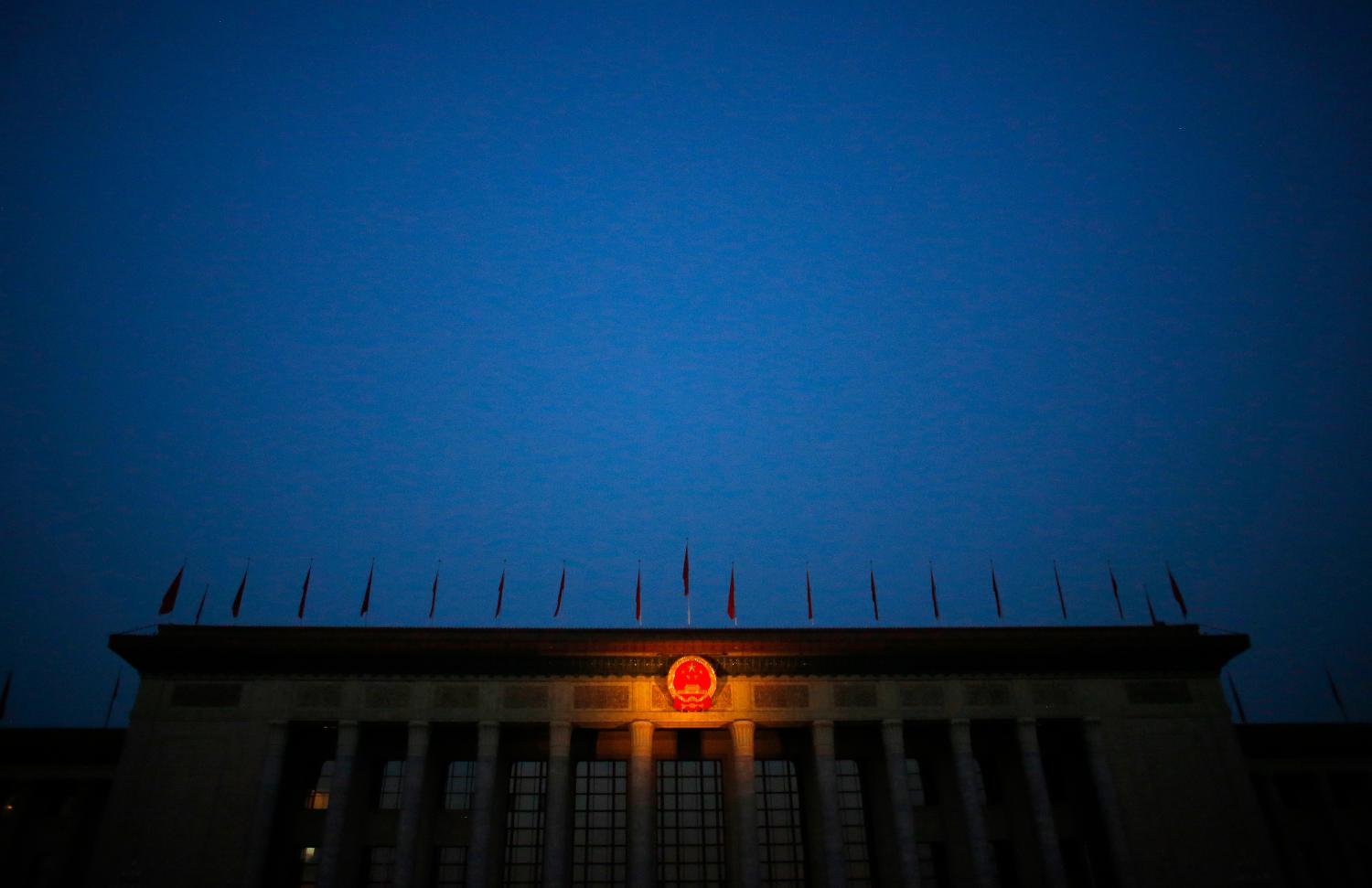
Explore the project:
The choices America makes in its competition with China will have far reaching consequences. Given the stakes involved, it is essential that American leaders deeply interrogate trade-offs and second-order effects of policy options. To support this process, the Brookings Institution is launching Phase 3 of its Global China Project. The Brookings Institution will use this phase to convene experts to rigorously examine decisions facing U.S. policymakers on China.

2024
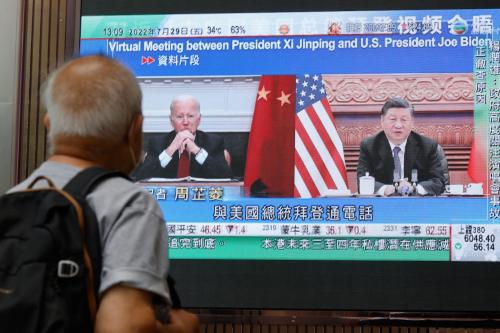
2024
Global China’s “Lost in translation: Decoding Chinese strategic narratives” series critically examines key strategic concepts, popular theories, and prevalent debates in the Chinese political system, and discusses their implications for U.S. policy.
